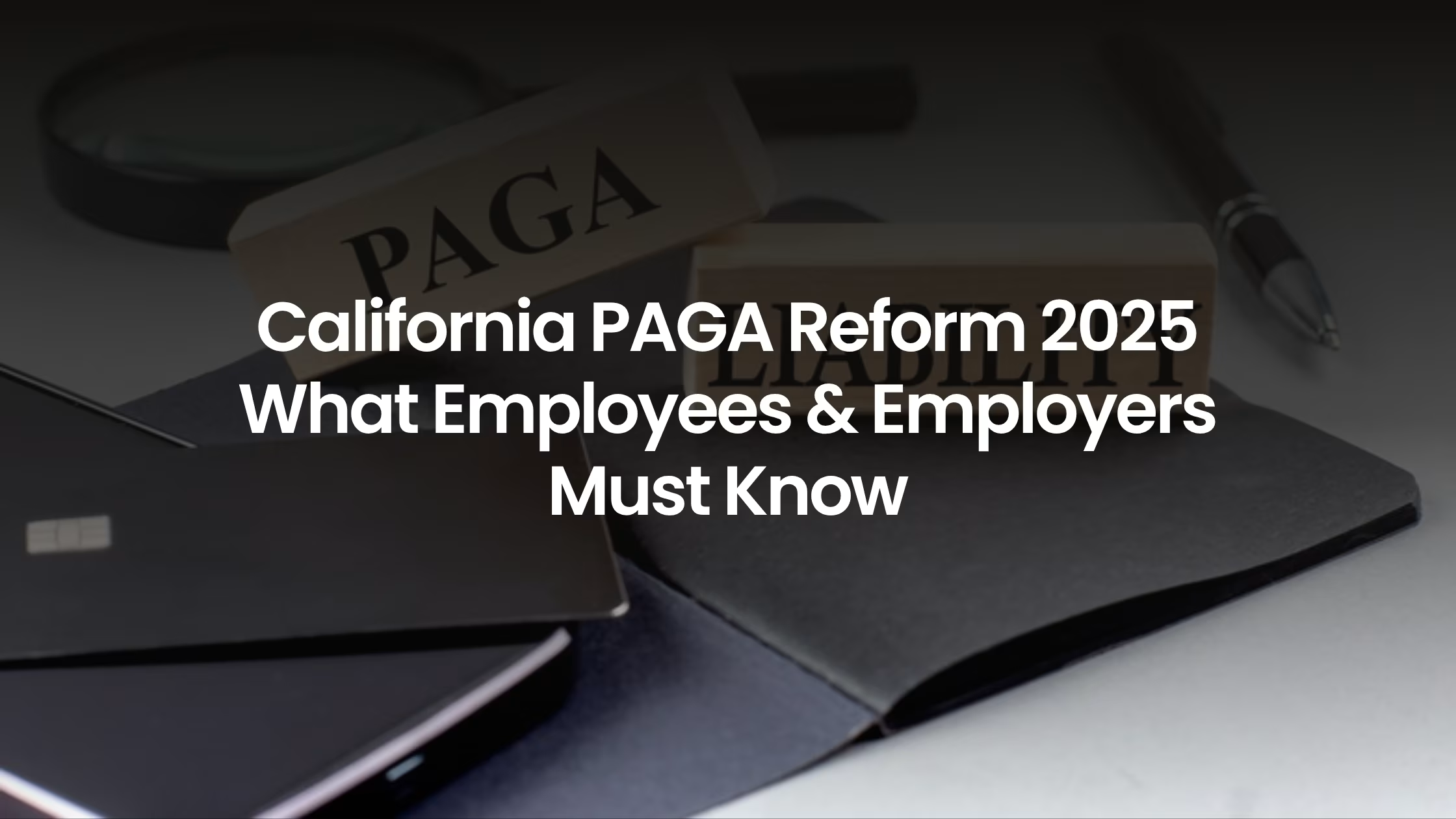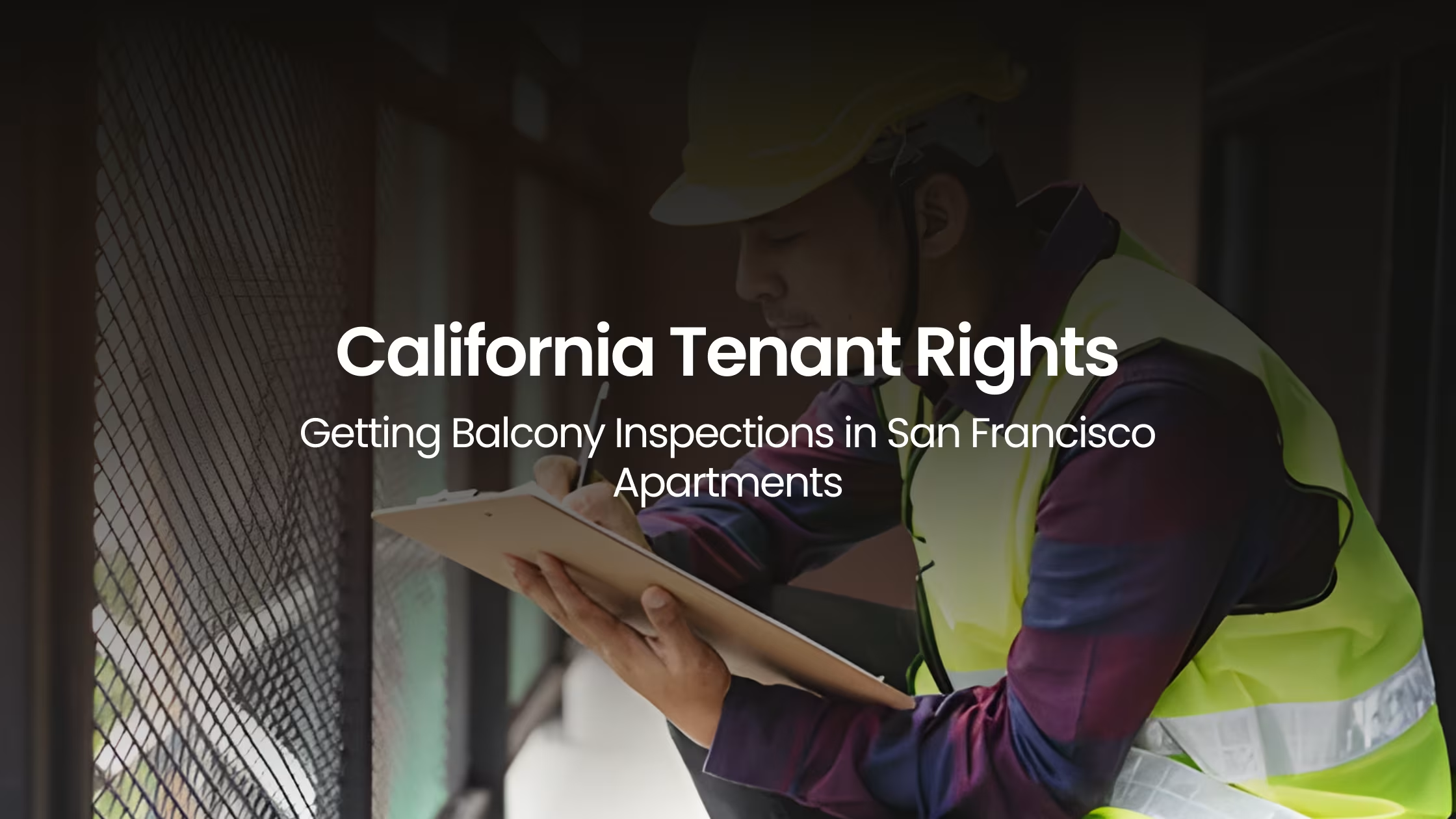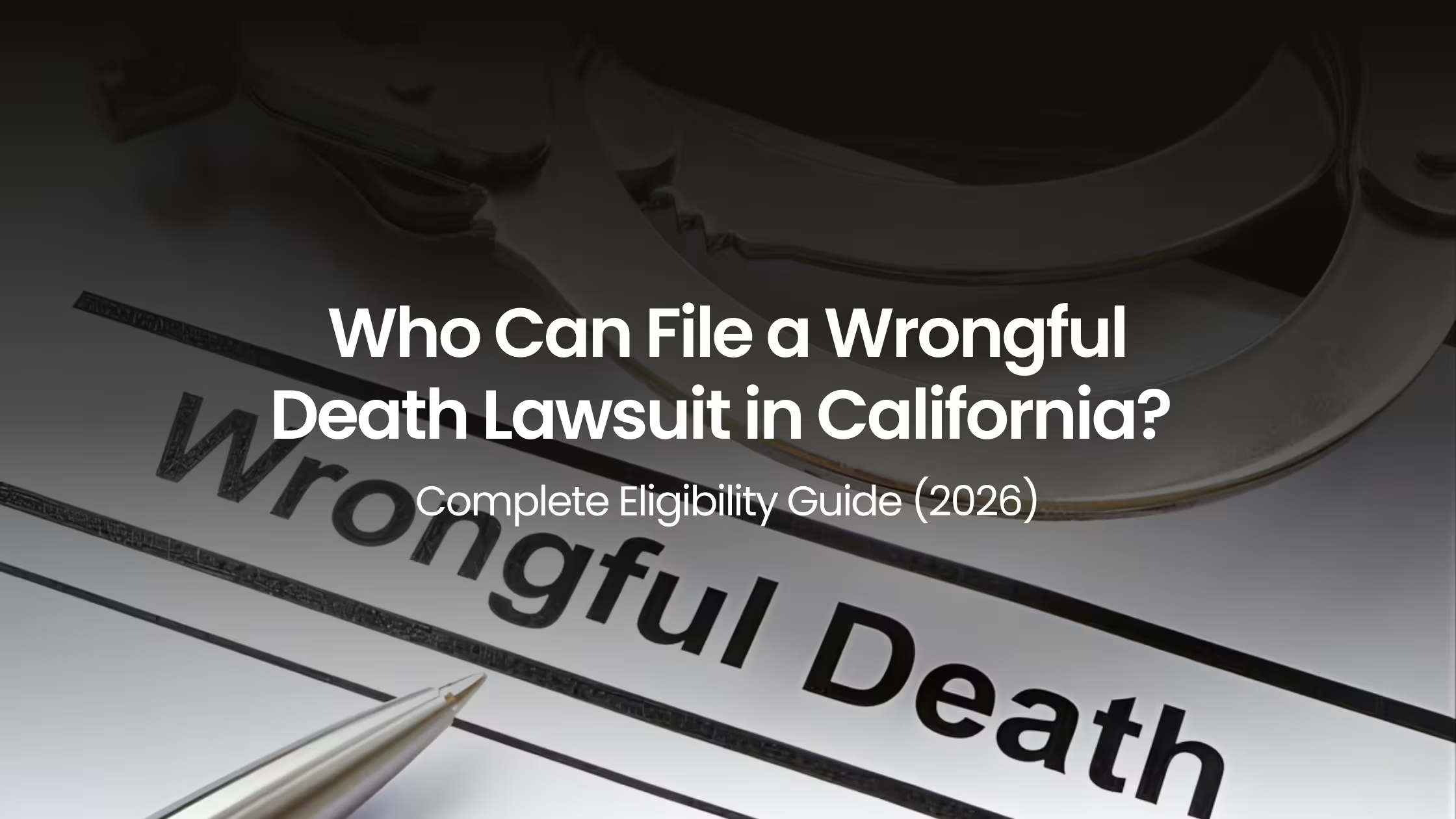The landscape of labor litigation in California transformed in 2025, with sweeping changes to the Private Attorneys General Act (“PAGA”). These revisions, commonly known as the PAGA Reform impact how employees pursue wage and labor violations, and how businesses respond to compliance challenges. Both sides must navigate new penalty structures, heightened standing requirements, and early resolution options. Here’s your essential, SEO-optimized guide, designed for California workplaces.
What is PAGA? Why the Reform?
PAGA allows employees to pursue penalties for Labor Code violations as a substitute for the state, unlocking class-wide actions known as PAGA claims against employers. Since its inception in 2004, PAGA fueled a surge in lawsuits and multimillion-dollar payouts, sometimes for technical infractions. Critics called it unmanageable and unfair; supporters wanted greater worker protection.
In 2024, California passed two landmark laws Senate Bill 92 and Assembly Bill 2288 triggering the New PAGA Reform Means. These took effect for all PAGA action notices filed with authorities on or after June 19, 2024.
Key Changes Under the 2025 PAGA Reform
1. Stricter Standing Requirements
Employees alleging violations must now show they personally suffered each violation (no more broad representative claims unless aided by nonprofit counsel). Time for filing is tied tightly to individual experience and statute of limitations, streamlining legitimate cases and sharply curtailing mass filings for infractions not suffered firsthand.
2. Expanded Employer "Right to Cure"
Businesses especially those with under 100 employees, now enjoy a broader opportunity to cure violations after receiving a PAGA notice, sometimes before trial begins.
- Cure wage statement errors, overtime, meal/rest break, and minimum wage issues.
- Cure period triggers reduced penalties (as low as $15/employee/pay period for good-faith efforts).
3. Lower and Smarter Penalties
- Penalty caps for good-faith compliance and isolated/cured violations; full penalties only for malicious or repeated abuse.
- Wage statement mistakes without harm cut nearly 85% of financial risk for businesses.
- Aggrieved employees now receive a 35% share of penalties (up from 25%), with the state settling for 65% (down from 75%).
4. Early Resolution & Trial Court Manageability
- Early evaluation conference allowed: courts may stay actions for a neutral evaluator to oversee a cure proposal, potentially expediting settlement.
- Trial courts granted new authority to limit the evidence and scope of claims for manageability, helping prevent overbroad cases.
5. New Rules for "Headless" PAGA Cases
Recent appellate decisions, such as Parra Rodriguez v. Packers Sanitation Inc. and Leeper v. Shipt, Inc., sparked debate over whether plaintiffs can bring representative claims without individual PAGA claims (“headless” claims). The California Supreme Court is expected to clarify the rule in 2025, potentially limiting how widely PAGA may be invoked without genuine personal injury.
Case Study: Rose v. Hobby Lobby Stores, Inc. (2025)
In 2025, Hobby Lobby prevailed in court when PAGA plaintiffs, who had not individually suffered wage violations, sought broad penalties on behalf of all employees. Courts relied on the PAGA Reform’s strict standing rules to dismiss the representative PAGA claims. Hobby Lobby not only avoided a multimillion-dollar penalty but also recovered almost $125,000 in litigation costs.
Action Steps for California Employers
Major takeaway: Demonstrate compliance with labor law before your first PAGA action notice arrives penalty savings require proof of good-faith actions, not just paperwork.
Employee Rights & What to Expect
With the New PAGA Reform Means, employees must:
- File quickly after suffering a real Labor Code violation
- Gather credible evidence: pay stubs, emails, shift schedules
- Expect more stringent standing scrutiny (no more representing co-workers with different infractions)
- Speak with qualified employment counsel to strategize their unique claim
Key Effects of PAGA Reform (2025)
Professional Perspective: Ladva Law
As a trial-tested personal injury and employment law firm, Ladva Law is committed to guiding Bay Area and California clients through the evolving PAGA landscape. The reforms and recent cases have shifted the balance: whether you’re defending a business or representing an employee, success depends on fast, evidence-rich, and strategic response.
Employees: Don’t delay if you suspect a Labor Code violation. Talk to our attorneys to assess if you meet the new standing requirements and to maximize your recovery.
Employers: Start documenting compliance steps now, even well-intentioned mistakes can cost millions if left unaddressed.
Get Expert Help Navigating PAGA Reforms
Unsure how the new laws affect your workplace rights or compliance strategy? Ladva Law’s expert team in San Francisco and California offers free, confidential consultations. We’ve guided hundreds of employees and employers through labor disputes, audits, and litigation with deep experience in PAGA and wage claims.
Contact us today and take control in California’s new labor law era.
With California’s PAGA reforms now in effect, preparation, precision, and legal expertise make all the difference whether you’re protecting your workforce or your business.






